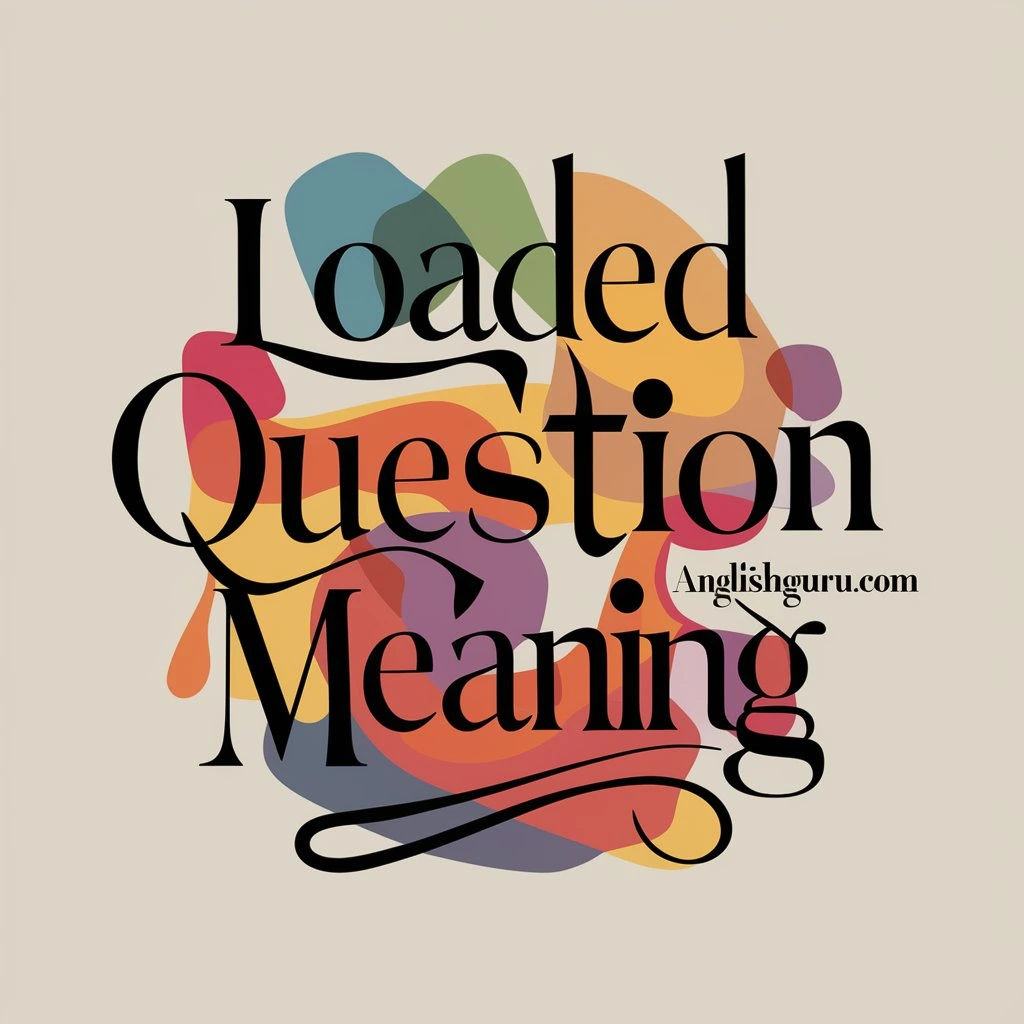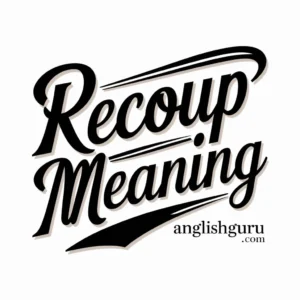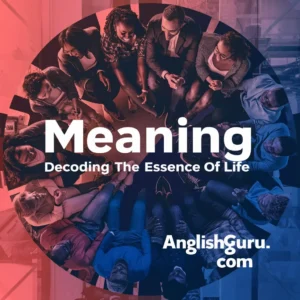Language is full of nuance, and some phrases carry more weight than others. One such expression is the term “loaded question.” A loaded question is a type of inquiry that contains a hidden assumption or bias, making it difficult to answer without seeming guilty or agreeing to a particular premise. In everyday life, we may not always call it that, but we often encounter similar moments where a question is framed in a way that pressures the responder.
This article will explore the meaning of a loaded question, its common usage, and, more importantly, offer 16+ polite, professional, and casual alternatives you can use in both writing and speech. To make this guide even more practical, we’ll include examples for different tones, along with 11 texting examples that reflect modern communication styles. By the end, you’ll know exactly how to recognize and rephrase loaded questions while keeping conversations respectful and clear.
What Is a Loaded Question?
A loaded question is a question that contains a presupposition, often designed to trap the respondent. The classic example is:
- “Have you stopped procrastinating at work?”
No matter how you answer, it implies you were procrastinating before.
Loaded questions are common in debates, interviews, and sometimes even in casual conversations. They can be:
- Manipulative, pushing someone into admitting something.
- Confusing, making it hard to respond clearly.
- Unfair, since the question assumes something without evidence.
Because of these qualities, it’s important to learn alternatives and rephrasings that avoid putting others in uncomfortable positions.
Why Finding Alternatives Matters
Replacing or rephrasing loaded questions helps in:
- Professional communication – keeps emails, meetings, or interviews respectful.
- Casual chats –prevent misunderstandings or defensiveness among friends.
- Texting and social media – ensures your tone comes across as light, not accusatory.
- Conflict resolution – creates a space for dialogue instead of confrontation.
16+ Alternatives to “Loaded Question”
Below are 16+ expressions and rephrasings that can substitute or describe a loaded question, each with tone explanations and examples.
1. Leading Question
A leading question gently guides or pressures someone toward a specific answer.
Example:
- Instead of: “Why are you always late to meetings?”
- Use: “Do you often find traffic affecting your arrival time?”
Tone: Professional and neutral. Works well in meetings or workplace settings.
2. Tricky Question
This alternative emphasizes the difficulty of the inquiry without being confrontational.
Example:
- “That’s a bit of a tricky question—you’d have to know the background details to answer fairly.”
Tone: Casual, light, and non-threatening.
3. Loaded Assumption
Instead of focusing on the question itself, this phrase highlights the assumption within it.
Example:
- “Your question seems to carry a loaded assumption—could you clarify what you mean?”
Tone: Professional, best for debates or discussions requiring precision.
4. Unfair Question
Sometimes, the best option is to call out the unfair nature of the phrasing.
Example:
- “That feels like an unfair question—maybe we can reframe it to be more neutral.”
Tone: Polite but firm; suitable for academic or group discussions.
5. Presumptive Question
This term directly points out the hidden presumption.
Example:
- “That sounds like a presumptive question—it assumes something I haven’t agreed to yet.”
Tone: Formal and clear; good for legal, policy, or workplace settings.
6. Suggestive Question
A softer synonym that highlights the suggestive nature of the inquiry.
Example:
- “That question feels quite suggestive; maybe we can phrase it differently.”
Tone: Professional yet less confrontational.
7. Question with Bias
Sometimes it’s best to directly point out the bias.
Example:
- “That seems like a question with bias. Let’s step back and look at the facts.”
Tone: Neutral but assertive.
8. Question with a Premise
A precise way of explaining the mechanics of a loaded question.
Example:
- “Your question has a premise I can’t agree with. Could we rephrase it?”
Tone: Formal and explanatory.
9. Complex Question
Philosophers and logicians often use this phrase for loaded inquiries.
Example:
- “That’s what we’d call a complex question—it ties assumptions into the inquiry.”
Tone: Academic, professional, and analytical.
10. Trap Question
This alternative underscores the manipulative intent.
Example:
- “That feels like a trap question. I’d like to answer, but could you ask it differently?”
Tone: Casual, sometimes humorous, but can also be firm.
11. Question That Frames the Answer
This rephrasing highlights how the question steers the response.
Example:
- “The way that’s framed already pushes me toward a specific answer.”
Tone: Neutral; effective for professional conversations.
12. Misleading Question
Highlights confusion rather than blame.
Example:
- “That sounds like a misleading question—let’s clarify before I respond.”
Tone: Professional, cautious, and respectful.
13. Manipulative Question
Direct and powerful, pointing out intent.
Example:
- “That comes across as a manipulative question. Could we try to keep it neutral?”
Tone: Stronger, best used when clarity and honesty are required.
14. Double-Bind Question
This emphasizes how either answer could be problematic.
Example:
- “That’s a double-bind question—answering either way implies something untrue.”
Tone: Professional or academic.
15. Loaded Inquiry
A softer synonym that maintains formality.
Example:
- “I sense this is a loaded inquiry—could we reframe it for clarity?”
Tone: Polite and professional.
16. Question with Assumptions
A straightforward way to highlight the issue.
Example:
- “That’s a question with assumptions baked in—let’s take those apart first.”
Tone: Balanced, suitable for both formal and casual contexts.
17. Rhetorical Trap (Bonus)
Sometimes a loaded question is meant more rhetorically than seriously.
Example:
- “That feels like a rhetorical trap more than an actual question.”
Tone: Slightly informal but useful in debates or group conversations.
How Tone Changes the Meaning
The alternative you choose depends on context and tone:
- Polite/Formal: “Presumptive question,” “question with a premise,” “complex question.”
- Professional/Neutral: “Leading question,” “suggestive question,” “unfair question.”
- Casual/Informal: “Trap question,” “tricky question,” “rhetorical trap.”
By tailoring your phrasing, you can avoid misunderstandings and keep conversations smooth.
11 Texting Examples of Alternatives
Here are 11 short, user-friendly texting examples that fit perfectly in casual or semi-formal chats.
- “That’s a bit of a tricky question 😂”
- “Hmm, feels like a trap question haha.”
- “Your question has some assumptions built in—can you clarify?”
- “That sounds like a loaded one, wanna rephrase?”
- “Lol, that’s kinda a misleading question.”
- “Feels like a leading question 👀.”
- “Are you sure that’s not a question with bias? 😅”
- “That’s more of a rhetorical trap than a real question.”
- “Hmm, sounds like a double-bind situation.”
- “That feels like a question with a premise I can’t agree to.”
- “Haha, that’s definitely a loaded inquiry.”
These examples are short, natural, and designed to feel conversational while still highlighting the concept.
How to Choose the Best Alternative
When deciding how to respond or rephrase, keep these guidelines in mind:
- Professional contexts: Use neutral and precise terms like “leading question” or “complex question.”
- Friendly conversations: Go with lighter expressions like “tricky question” or “trap question.”
- Conflict situations: Choose wording that diffuses tension, such as “question with a premise” instead of labeling it manipulative.
Final Thoughts
The phrase “loaded question” is powerful, but it can sometimes come across as too strong or accusatory. By learning 16+ polite, professional, and casual alternatives, you can keep your communication more precise, respectful, and adaptable. Whether you’re writing an email, debating in a classroom, or texting a friend, these options help you navigate tricky conversations with ease.
Language is about balance, and with these alternatives, you’ll always have the right words for the right moment.





